January 14 stands as one of history’s most eventful days, witnessing the rise and fall of empires, groundbreaking discoveries, and moments that shaped our modern world across centuries of human achievement.

Politics and Government Events on January 14
1953 – Josip Broz Tito Elected First President of Yugoslavia
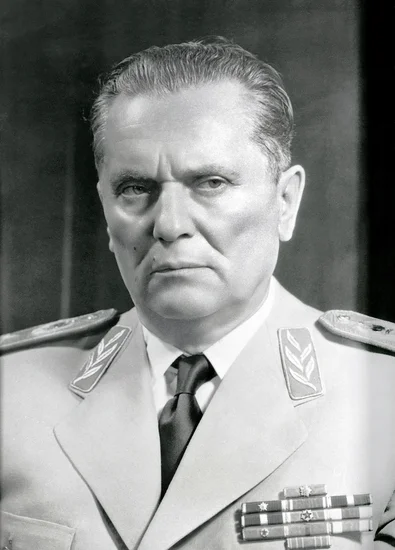
The Socialist Federal Republic of Yugoslavia gained its defining leader when Josip Broz Tito assumed the presidency. His election marked the consolidation of power following years of wartime resistance leadership.
Tito’s presidency would establish Yugoslavia as a major non-aligned nation during the Cold War. His unique brand of socialism created a buffer between Soviet and Western influences in the Balkans.
1972 – Queen Margrethe II Ascends Danish Throne
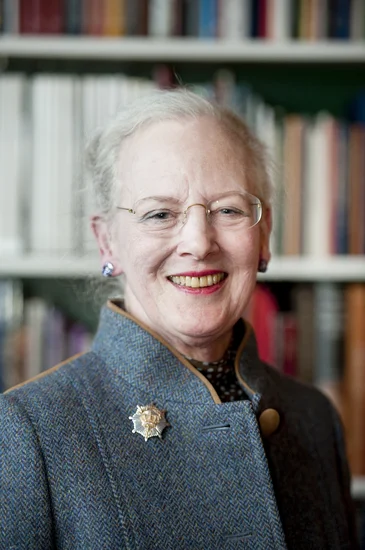
Denmark witnessed a historic moment as Queen Margrethe II became the first queen to rule the kingdom since 1412. Her accession broke centuries of male succession in the Danish monarchy.
The new queen’s reign would modernize the Danish royal institution while maintaining its constitutional role. Her ascension marked the beginning of Denmark’s longest-serving current monarchy.
2011 – Tunisian President Flees, Sparking Arab Spring
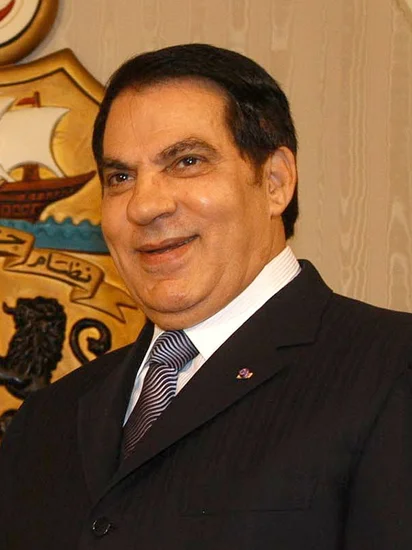
President Zine El Abidine Ben Ali fled Tunisia for Saudi Arabia after massive popular demonstrations. His departure marked the first successful overthrow of an Arab autocrat in decades.
The Tunisian revolution ignited the Arab Spring movement across the Middle East and North Africa. Democratic movements throughout the region drew inspiration from Tunisia’s peaceful transition.
2024 – Frederik X Becomes King of Denmark
Crown Prince Frederik assumed the Danish throne following Queen Margrethe II’s historic abdication. The transition marked the end of the longest-reigning Danish monarch’s 52-year rule.
Frederik X’s coronation represented a new generation of European monarchy leadership. His accession continued Denmark’s peaceful constitutional monarchy tradition into the 21st century.
2010 – Yemen Declares War on Al-Qaeda
The Yemeni government officially declared open warfare against Al-Qaeda terrorist operations within its borders. President Ali Abdullah Saleh announced comprehensive military operations against extremist strongholds.
International coalition forces provided intelligence and logistical support for the campaign. The declaration marked Yemen’s most aggressive stance against terrorism since the USS Cole bombing.
2004 – Georgia Restores Historic Five Cross Flag
The Republic of Georgia officially restored its medieval five cross flag after 500 years of disuse. The flag’s return symbolized Georgia’s renewed independence and cultural identity.
Parliament unanimously approved the flag restoration following the Rose Revolution. The medieval design replaced Soviet-era symbols with traditional Georgian Christian imagery.
Military and Naval History on January 14
1943 – Operation Ke: Japan’s Strategic Guadalcanal Evacuation
Imperial Japanese forces launched Operation Ke, a masterful evacuation of troops from Guadalcanal during World War II. The operation successfully withdrew over 13,000 soldiers from the failing Solomon Islands campaign.
Japanese naval forces executed nighttime runs using destroyers and submarines to extract personnel. The evacuation demonstrated exceptional military planning despite the strategic defeat in the Pacific theater.
1943 – Roosevelt and Churchill Begin Casablanca Conference
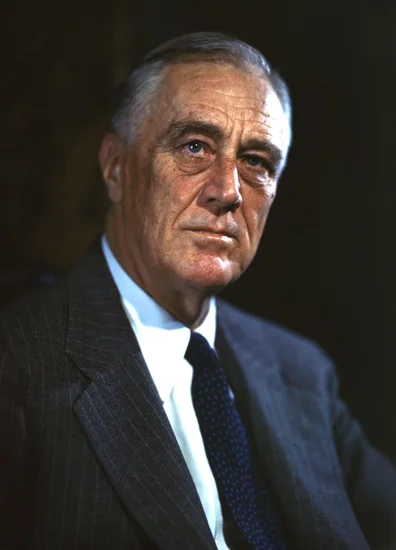
President Franklin D. Roosevelt and Prime Minister Winston Churchill convened the crucial Casablanca Conference in Morocco. Allied leaders gathered to plan the next phase of World War II strategy.
The conference established the “unconditional surrender” policy for Axis powers. Strategic decisions made during these meetings shaped the remainder of the European and Pacific campaigns.
1969 – USS Enterprise Explosion Kills 28 Sailors
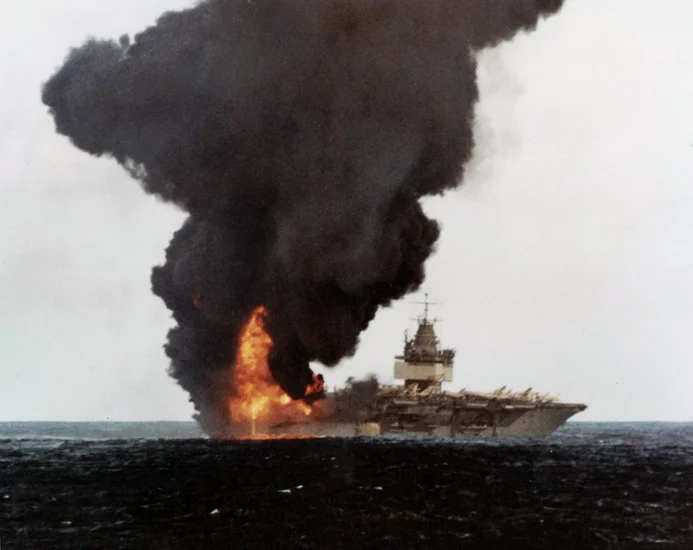
A devastating accidental explosion rocked the USS Enterprise aircraft carrier near Pearl Harbor, Hawaii. The blast killed 28 crew members and injured dozens more during routine operations.
Emergency crews battled fires and flooding for hours to save the nuclear-powered vessel. The incident prompted comprehensive reviews of aircraft carrier safety protocols and munitions handling procedures.
2016 – Jakarta Terror Attack Rocks Indonesian Capital
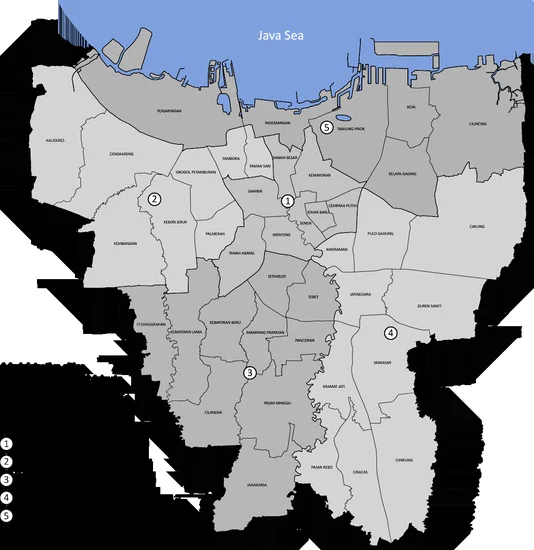
Multiple explosions erupted near Jakarta’s Sarinah Building, followed by intense gunfights between terrorists and police. The coordinated attack killed seven people in Indonesia’s capital business district.
The Islamic State of Iraq and the Levant claimed responsibility for the assault. Indonesian security forces responded swiftly, neutralizing the attackers and securing the area within hours.
Science and Discovery Milestones on January 14
1911 – Amundsen Expedition Reaches Ross Ice Shelf
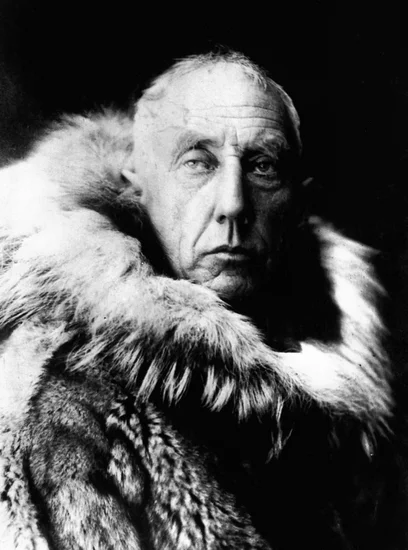
Norwegian explorer Roald Amundsen’s South Pole expedition made crucial landfall on the Ross Ice Shelf’s eastern edge. The team’s arrival marked a pivotal moment in Antarctic exploration history.
Amundsen’s methodical approach and sled dog teams proved superior to competing British expedition strategies. The successful landing positioned Norway’s team for their historic first reach of the South Pole.
1939 – Norway Claims Queen Maud Land in Antarctica
The Norwegian government formally claimed Queen Maud Land, establishing sovereignty over a vast Antarctic territory. The claim extended Norway’s polar research presence across 2.7 million square kilometers.
Norwegian Antarctic expeditions had established research stations and conducted extensive geological surveys. The territorial claim strengthened Norway’s position in international Antarctic governance and scientific cooperation.
1907 – Devastating Jamaica Earthquake Strikes Kingston
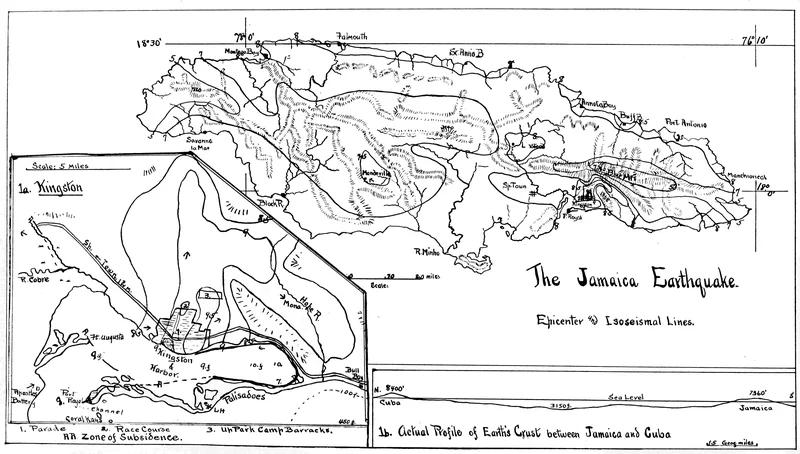
A catastrophic earthquake devastated Kingston, Jamaica, killing over 1,000 people and destroying much of the city. The massive tremor registered among the Caribbean’s most destructive natural disasters.
Rescue operations struggled with collapsed buildings and infrastructure damage throughout the colonial capital. The disaster prompted significant changes in Caribbean seismic monitoring and building construction standards.
Cultural and Arts Events on January 14
1973 – Elvis Presley’s “Aloha from Hawaii” Satellite Broadcast
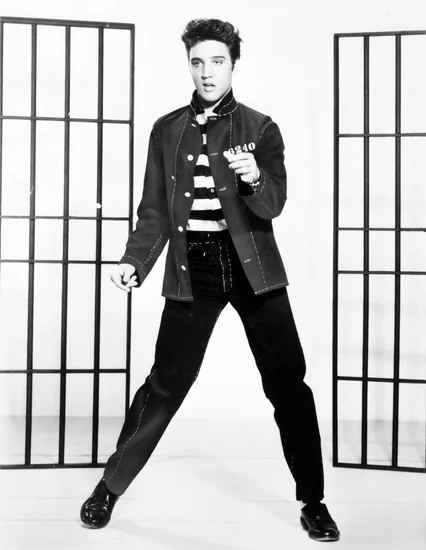
Elvis Presley’s concert “Aloha from Hawaii” broadcast live via satellite to a global television audience. The performance set records as the most-watched broadcast by an individual entertainer in television history.
Over one billion viewers across 40 countries witnessed the King of Rock and Roll’s spectacular Hawaiian performance. The groundbreaking satellite technology demonstrated television’s power to unite global audiences through entertainment.
1967 – San Francisco’s Human Be-In Launches Summer of Love
The Human Be-In gathering in Golden Gate Park launched the counterculture movement’s Summer of Love. Thousands of hippies, activists, and musicians celebrated peace, love, and social change.
The event featured prominent figures like Allen Ginsberg, Timothy Leary, and Jerry Rubin addressing the crowd. The Be-In established San Francisco as the epicenter of 1960s counterculture and anti-war activism.
1957 – Kripalu Maharaj Named Fifth Jagadguru
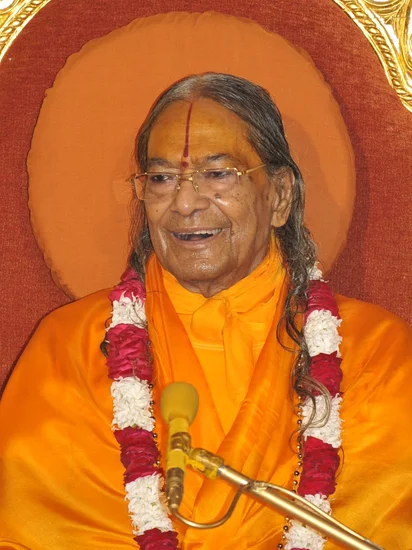
Hindu spiritual leader Kripalu Maharaj received recognition as the fifth Jagadguru (world teacher) after delivering seven days of speeches. Over 500 Hindu scholars witnessed his theological presentations in Vrindavan.
The unprecedented honor elevated Kripalu Maharaj to the highest rank in Hindu spiritual leadership. His teachings on devotional love and Krishna consciousness influenced millions of followers worldwide.
1952 – NBC’s “Today” Show Debuts
NBC launched its revolutionary morning news program “Today” with host Dave Garroway. The show pioneered the format of combining news, weather, and entertainment in early morning television.
The program’s innovative approach included live remote broadcasts and celebrity interviews. “Today” established the template for modern morning television programming across American broadcasting networks.
Religious and Social Events on January 14
1951 – National Airlines Flight 83 Crashes in Philadelphia
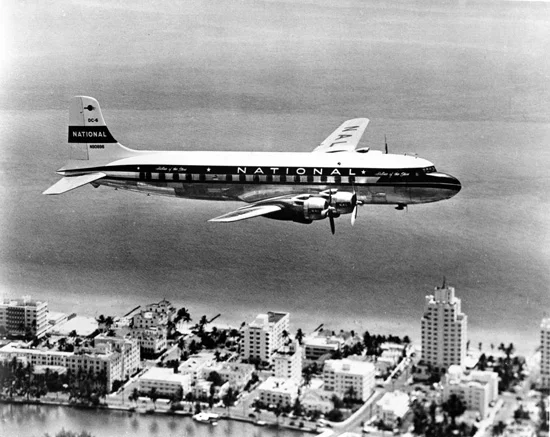
National Airlines Flight 83 crashed during landing approach at Philadelphia International Airport, killing seven passengers and crew members. The tragedy highlighted growing concerns about commercial aviation safety standards.
Federal investigators examined weather conditions and mechanical failures that contributed to the accident. The crash prompted enhanced pilot training requirements and improved airport landing system technologies.
1993 – MS Jan Heweliusz Ferry Disaster
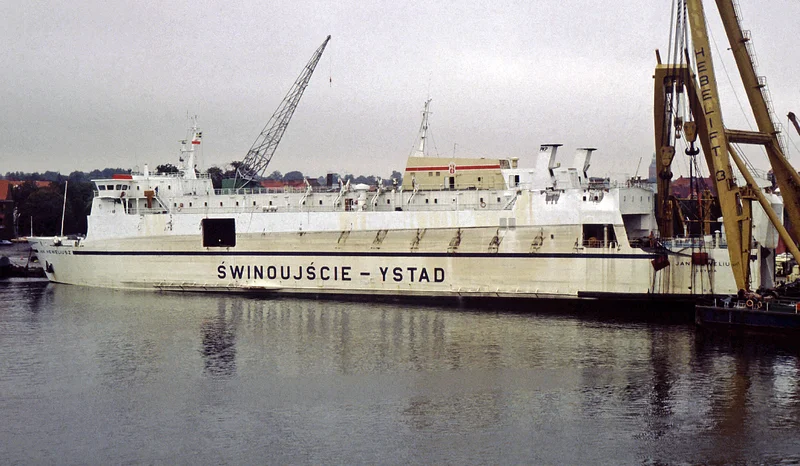
The Polish ferry MS Jan Heweliusz sank off the coast of Rügen in Poland’s worst peacetime maritime disaster. Fifty-five passengers and crew members drowned while only nine crew members survived the tragedy.
Severe Baltic Sea storms and structural failures caused the vessel to capsize rapidly. The disaster led to comprehensive reforms in European ferry safety regulations and emergency response protocols.
2019 – Saha Airlines Boeing 707 Crashes in Iran
A Saha Airlines Boeing 707 cargo aircraft crashed at Fath Air Base near Karaj, Iran, killing 15 people. The elderly aircraft experienced mechanical failures during approach to the military installation.
Iranian aviation authorities grounded similar aircraft pending safety inspections. The crash highlighted concerns about aging aircraft maintenance standards in Iranian commercial and military aviation fleets.
Business and Economic Events on January 14
1954 – Hudson Motor Company Merges with Nash-Kelvinator
The Hudson Motor Car Company merged with Nash-Kelvinator Corporation to form the American Motors Corporation. The consolidation created America’s fourth-largest automobile manufacturer during the industry’s competitive expansion.
The merger combined Hudson’s innovative engineering with Nash’s financial stability and production capabilities. American Motors Corporation challenged Detroit’s Big Three automakers with compact cars and innovative designs.
1960 – Reserve Bank of Australia Established
The Reserve Bank of Australia began operations as the nation’s central bank and currency issuing authority. The institution assumed responsibility for monetary policy and financial system stability.
Parliament’s 1959 Reserve Bank Act created the framework for modern Australian banking regulation. The bank’s establishment marked Australia’s transition to independent monetary policy management.
Transportation and Infrastructure on January 14
1951 – National Airlines Flight 83 Philadelphia Crash
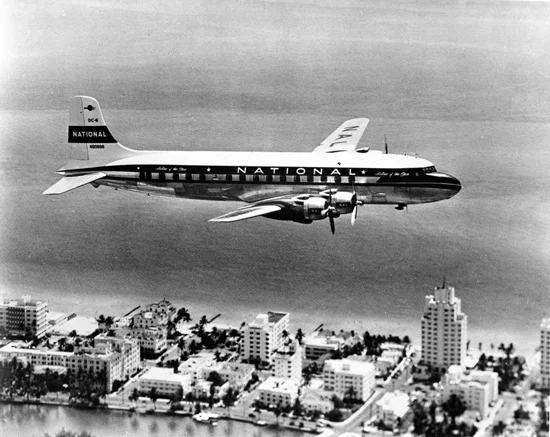
National Airlines Flight 83 crashed during landing at Philadelphia International Airport, killing seven people aboard the aircraft. The commercial aviation accident occurred during challenging weather conditions.
The crash investigation revealed multiple contributing factors including pilot error and mechanical issues. Federal aviation authorities implemented new safety protocols and pilot training requirements following the tragedy.
1993 – Polish Ferry MS Jan Heweliusz Sinks
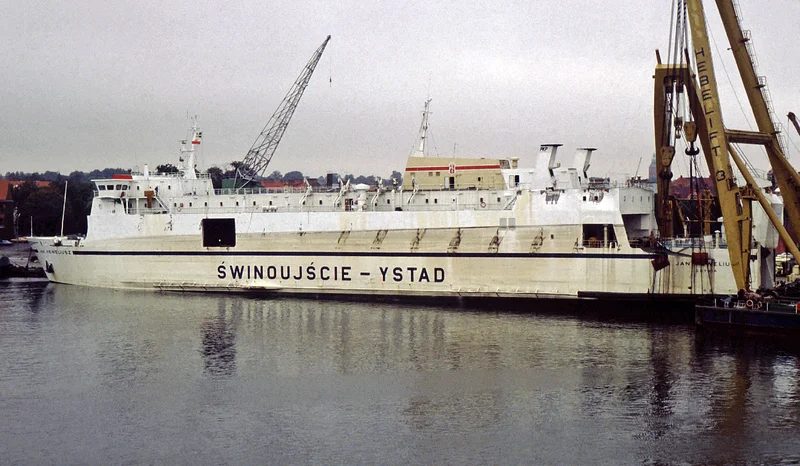
The passenger ferry MS Jan Heweliusz sank in the Baltic Sea during a severe storm, killing 55 people. The maritime disaster occurred off the German coast near Rügen island.
Only nine crew members survived the rapid sinking in freezing Baltic waters. The tragedy prompted European Union reforms in ferry safety standards and emergency equipment requirements.
2019 – Iranian Cargo Plane Crashes Near Tehran
A Saha Airlines Boeing 707 cargo aircraft crashed at Fath Air Base near Karaj, Iran, killing 15 people. The aging aircraft experienced engine failure during approach to the military installation.
Emergency crews responded to the crash site as aviation authorities launched a comprehensive investigation. The accident highlighted ongoing concerns about Iran’s aging commercial and military aircraft fleet maintenance.
Sports and Recreation on January 14
1973 – Elvis Presley’s Record-Breaking Hawaii Concert
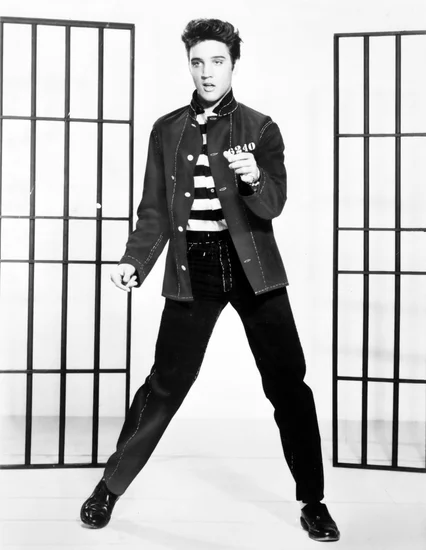
Elvis Presley performed his legendary “Aloha from Hawaii” concert, broadcast live via satellite to over one billion viewers worldwide. The performance established television entertainment records that stood for decades.
The King of Rock and Roll’s Hawaiian spectacular showcased his vocal range and stage presence. The satellite broadcast demonstrated television’s power to create shared global entertainment experiences.
1967 – Golden Gate Park Human Be-In Gathering
San Francisco’s Golden Gate Park hosted the Human Be-In, attracting thousands of counterculture participants. The peaceful gathering celebrated alternative lifestyles and anti-establishment values.
Musicians, poets, and activists addressed crowds promoting peace, love, and social change. The event established San Francisco as the center of 1960s hippie culture and recreational drug experimentation.
1957 – Hindu Spiritual Competition Crowns New Jagadguru
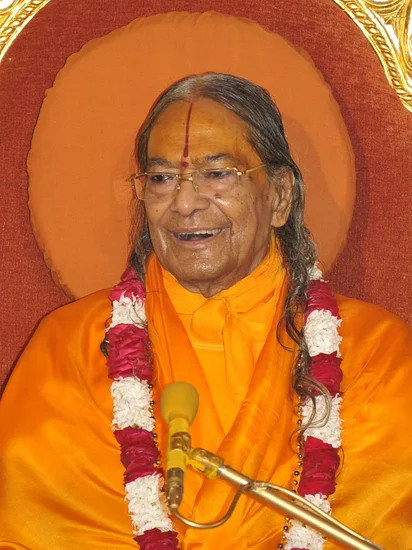
Kripalu Maharaj earned recognition as the fifth Jagadguru after seven days of theological presentations before 500 Hindu scholars. The competitive spiritual examination tested deep knowledge of Hindu scriptures and philosophy.
The unprecedented honor elevated Kripalu Maharaj to the highest rank in Hindu spiritual leadership. His victory demonstrated exceptional mastery of devotional practices and religious scholarship.
Notable Births on January 14
1941 – Faye Dunaway Born in Florida

American actress Faye Dunaway entered the world in Bascom, Florida, beginning a journey toward Hollywood stardom. Her early theatrical training shaped her distinctive dramatic style.
Dunaway would become one of cinema’s most compelling performers in films like “Bonnie and Clyde” and “Network.” Her intense screen presence defined 1970s American cinema’s golden age.
1969 – Dave Grohl Born in Ohio

Future rock legend Dave Grohl was born in Warren, Ohio, destined to become one of music’s most versatile performers. His childhood exposure to diverse musical styles influenced his later artistic development.
Grohl would achieve fame as Nirvana’s drummer before founding the Foo Fighters. His musical journey encompassed punk, grunge, and alternative rock across multiple decades.
1963 – Steven Soderbergh Born in Georgia

Acclaimed filmmaker Steven Soderbergh was born in Atlanta, Georgia, beginning a career that would revolutionize independent cinema. His early interest in storytelling and visual arts shaped his directorial approach.
Soderbergh would win Academy Awards and create groundbreaking films like “Traffic” and “Ocean’s Eleven.” His innovative techniques influenced contemporary filmmaking and digital cinematography.
1969 – Jason Bateman Born in New York

Actor and director Jason Bateman was born in Rye, New York, launching a career spanning television and film. His childhood acting experiences prepared him for future entertainment industry success.
Bateman would achieve critical acclaim in “Arrested Development” and “Ozark.” His comedic timing and dramatic range established him as a versatile performer and director.
1932 – Don Garlits Born in Florida

Legendary drag racing pioneer Don Garlits was born in Tampa, Florida, destined to revolutionize motorsports. His mechanical aptitude and fearless driving style would transform professional racing.
Garlits would become known as “Big Daddy” of drag racing, winning multiple championships. His innovations in safety equipment and engine design influenced generations of racers.
1901 – Alfred Tarski Born in Poland
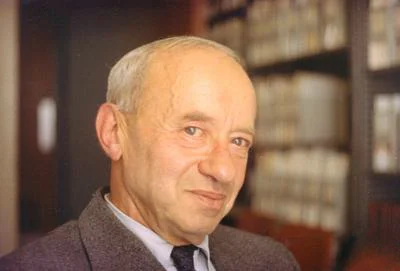
Mathematical genius Alfred Tarski was born in Warsaw, Poland, beginning a career that would revolutionize logic and mathematics. His early education in philosophy and mathematics shaped his analytical approach.
Tarski would develop groundbreaking theories in mathematical logic and semantics. His work on truth theory and model theory influenced modern mathematics and computer science.
Notable Deaths on January 14
1957 – Humphrey Bogart Dies at 57
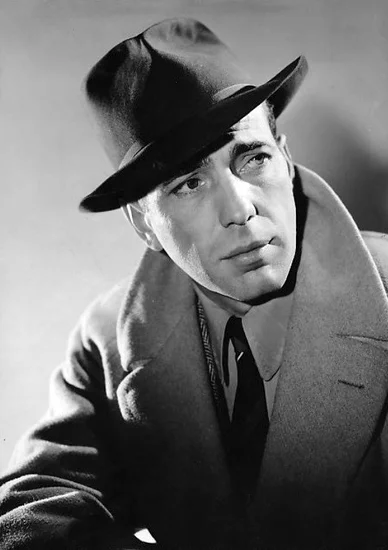
Hollywood legend Humphrey Bogart succumbed to esophageal cancer at age 57, ending one of cinema’s most celebrated careers. His distinctive voice and tough-guy persona defined film noir and classic Hollywood.
Bogart’s performances in “Casablanca,” “The Maltese Falcon,” and “The African Queen” established him as an American icon. His death marked the end of Hollywood’s golden age leading man era.
1978 – Kurt Gödel Dies at 71
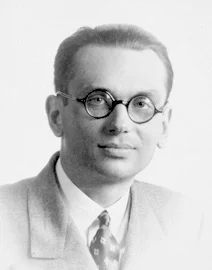
Mathematical genius Kurt Gödel died at age 71 in Princeton, New Jersey, leaving behind revolutionary contributions to logic and mathematics. His incompleteness theorems fundamentally changed mathematical philosophy.
Gödel’s work demonstrated the limitations of formal mathematical systems. His insights influenced computer science, philosophy, and theoretical physics for generations of scholars.
1972 – Frederik IX of Denmark Dies at 72
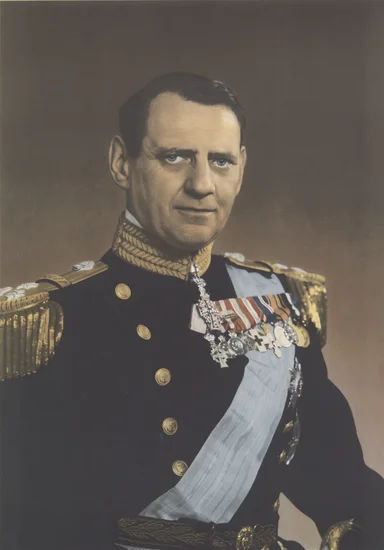
King Frederik IX of Denmark passed away at age 72, ending a reign that modernized the Danish monarchy. His death paved the way for his daughter Margrethe II’s historic accession.
Frederik’s reign saw Denmark’s transformation from wartime occupation to prosperous welfare state. His popular leadership style brought the monarchy closer to ordinary Danish citizens.
2016 – Alan Rickman Dies at 69

British actor Alan Rickman died at age 69 from pancreatic cancer, shocking fans worldwide. His distinctive voice and commanding presence made him one of Britain’s most respected performers.
Rickman’s portrayal of Severus Snape in the Harry Potter films introduced him to new generations. His theatrical career encompassed classical and contemporary roles across stage and screen.
1977 – Peter Finch Dies at 60
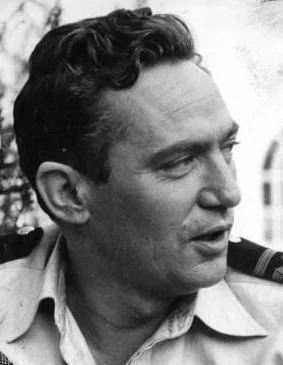
Academy Award-winning actor Peter Finch died at age 60 from a heart attack, cutting short a brilliant career. His intense performances in dramatic roles earned critical acclaim and popular recognition.
Finch’s iconic performance in “Network” earned him a posthumous Academy Award. His death occurred just as his career reached its artistic peak in American cinema.
1901 – Charles Hermite Dies at 78
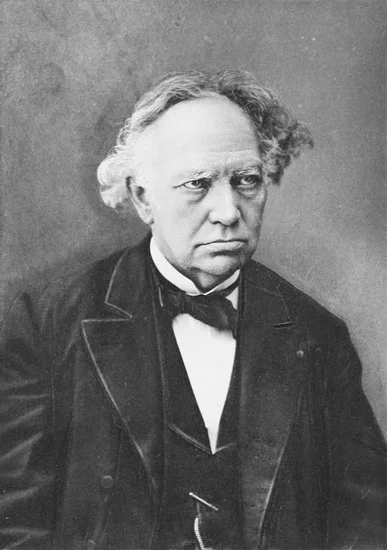
French mathematician Charles Hermite died at age 78, leaving behind fundamental contributions to algebra and analysis. His work on elliptic functions and number theory influenced mathematical development.
Hermite’s mathematical insights advanced understanding of complex analysis and algebraic equations. His teaching at the Sorbonne inspired generations of French mathematicians and scientists.
Holidays and Observances on January 14
World Logic Day Established by UNESCO
The United Nations Educational, Scientific and Cultural Organization designated January 14 as World Logic Day to promote logical reasoning and critical thinking. The observance encourages educational institutions to emphasize logical analysis in curricula.
The day celebrates logic’s fundamental role in human reasoning and scientific advancement. Educational programs worldwide use this occasion to promote logical thinking skills among students and professionals.
Makar Sankranti Celebrated Across India
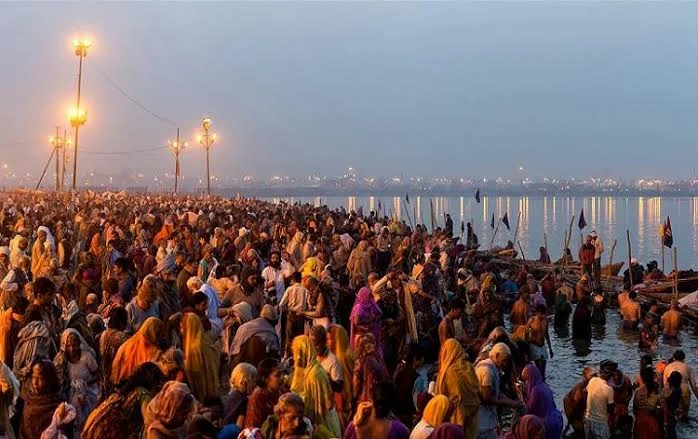
Makar Sankranti marks the sun’s transition into Capricorn and the beginning of the harvest season across India. Millions of Hindus celebrate with kite flying, special foods, and religious ceremonies.
The festival celebrates the end of winter and the beginning of longer days. Different Indian states observe unique traditions while sharing common themes of gratitude and renewal.
Flag Day Observed in Georgia
The Republic of Georgia observes Flag Day to commemorate the restoration of its historic five cross flag. The celebration honors Georgian national identity and independence from Soviet rule.
Citizens display the distinctive white flag with five red crosses representing Christ and the four evangelists. The observance strengthens Georgian cultural heritage and national unity.
Defender of the Motherland Day in Uzbekistan

Uzbekistan honors its military forces and veterans on Defender of the Motherland Day. The observance recognizes the contributions of armed forces personnel to national security and independence.
Government officials and citizens participate in ceremonies honoring military service members. The day emphasizes patriotism and gratitude for those who protect Uzbekistan’s sovereignty and territorial integrity.
